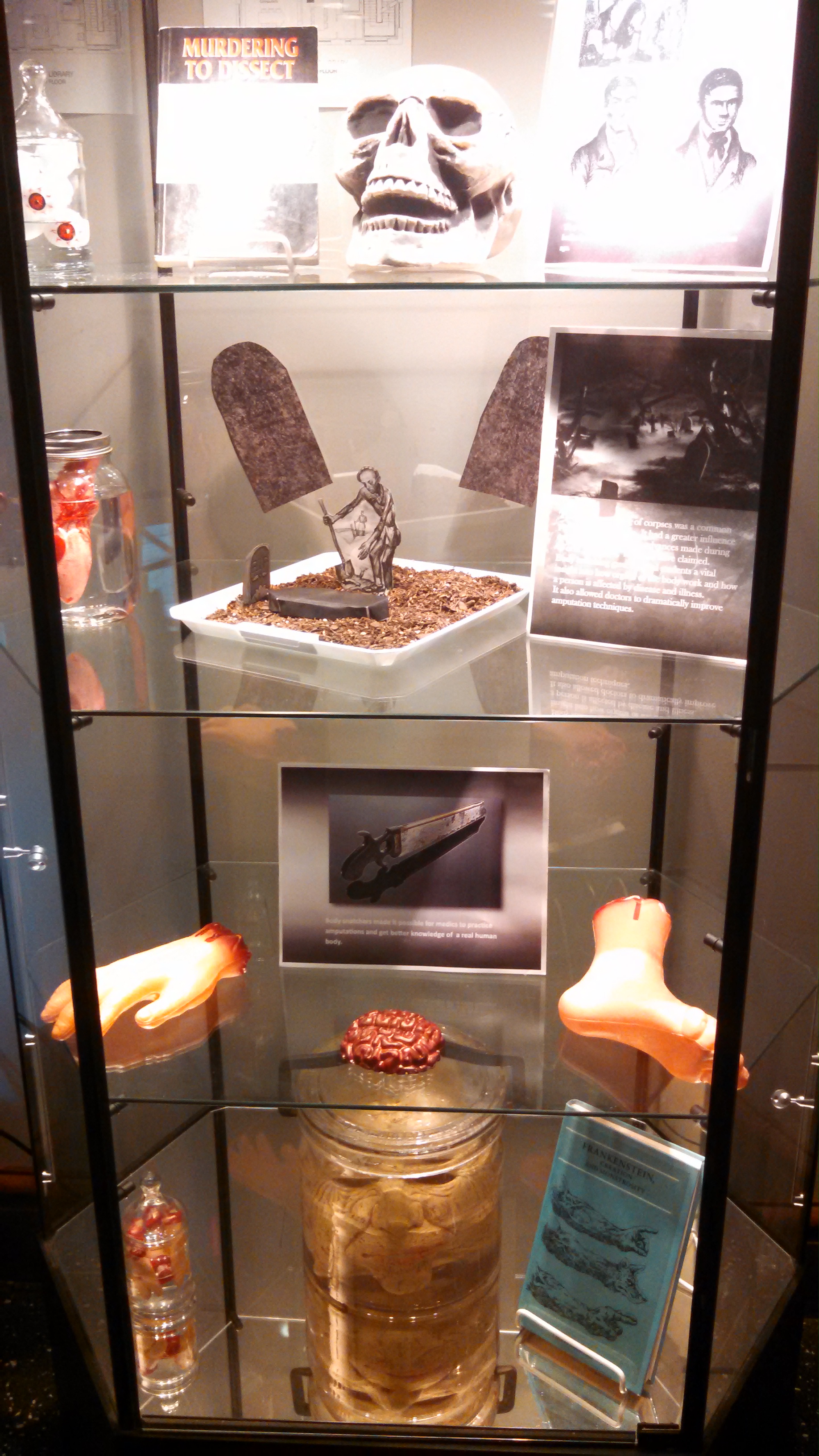On Wednesday, November 11 at 10:30 – 11:30 a.m., the University of Iowa Libraries will host guest speaker Heidi Imker, director of the Research Data Service (RDS) at the University of Illinois at Urbana-Champaign.
Imker’s seminar, “Capitalizing on Research Data: Management, Dissemination, and Archiving,” will explain how researchers can meet new funder requirements for research data management and leverage public access requirements to increase the visibility and impact of their research. Discussion will follow her seminar.
The seminar will be held in the Illinois Room (348) IMU. An informal meet and greet with refreshments will follow. RSVP is requested.
New data sharing requirements
Recently, many federal funding agencies have expanded their requirements for public access to research results. Researchers in all disciplines must now “better account for and manage the digital data resulting from federally-funded research.”
Imker urges researchers to view this requirement as an opportunity to regard research data as an important product of scholarly work. Sharing data widely can enhance visibility for researchers, as well as create a collaborative environment of research process verification and results validation.
Such activities will be key to increasing the pace of discovery and demonstrating the importance of research.
In addition, Imker says higher demand for efficient data management tools means researchers may have better options to choose from when it comes to gathering, analyzing, and depositing data in public access repositories.
About the speaker
 As director of RDS, Imker oversees a campus-wide service headquartered in the University of Illinois Library. RDS provides the Illinois research community with the expertise, tools, and infrastructure necessary to manage and steward research data.
As director of RDS, Imker oversees a campus-wide service headquartered in the University of Illinois Library. RDS provides the Illinois research community with the expertise, tools, and infrastructure necessary to manage and steward research data.
Prior to joining the Library, Imker was the Executive Director of the Enzyme Function Initiative, a large-scale collaborative center involving nine universities, funded by the National Institutes of Health and located in the Institute for Genomic Biology.
Imker holds a Ph.D. in Biochemistry from the University of Illinois and completed her postdoctoral research at Harvard Medical School.
For more information, please visit http://guides.lib.uiowa.edu/data. To RSVP, please visit: http://tiny.cc/Data11-11-15. Please contact us at lib-data@uiowa.edu if you have any questions.











